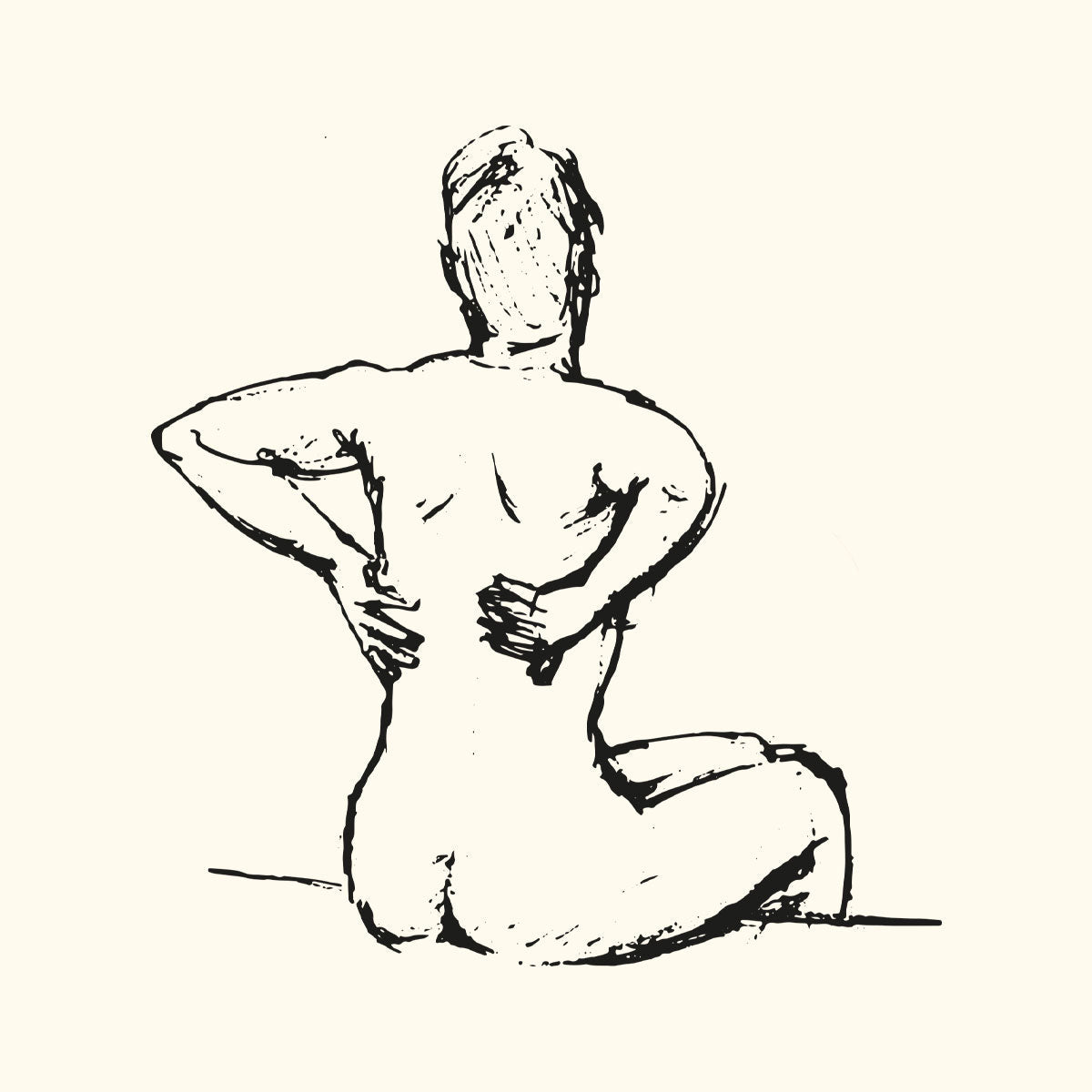Menopause is a natural part of life, but just because it’s inevitable doesn’t mean it’s pleasant. With side effects like sleep problems, mood changes and aches and pains, many people with menopause are looking for some relief.
CBD has become a popular choice for people looking to improve a range of conditions, and research tells us that it may be able to offer some relief for many of the symptoms experienced during menopause. We’ve summarised the research around CBD for menopause to help you decide if CBD could help make your menopause journey a little easier.
What is CBD?
CBD, also called cannabidiol, is a compound that naturally occurs in cannabis plants. As research into cannabis science has grown, so too has the public interest in CBD. CBD has shown strong potential as a therapeutic tool, and many people are turning to it in the hope that it will improve their various symptoms.
How does CBD help menopause symptoms?
CBD may be able to help manage menopause by improving symptoms like problems sleeping, mood changes and general aches and pains. Research into CBD tells us that this compound shows a lot of promise as a potential treatment for these symptoms, although more research is needed into CBD and menopause directly before we can fully understand how effective it is in reducing the symptoms of menopause.
Currently, treatments for the symptoms of menopause largely involve hormone therapy, which can come with its own issues. Side effects from hormone therapy can include fluid retention, mood changes, nausea and headaches. With these side effects, it’s no wonder that people are looking for alternative treatments for their menopause.
It’s important to keep in mind that the following studies do not specifically involve participants experiencing menopause, but they are indicative of the potential benefits of CBD that may be relevant to people suffering from menopause’s side effects.
Research on CBD and menopause
- One common symptom experienced by people going through menopause is sleep disturbance. The good news is that CBD may be able to help improve sleep scores. A 2019 study published in The Permanente Journal investigated the sleep-improving qualities of CBD. 66.7% of participants within the study who experienced poor sleep saw their sleep scores improve within one month of CBD treatment (1).
- CBD’s sleep-improving potential was further highlighted in a 2017 study published in the Current Psychiatry Reports journal. The study looked into the effects of cannabinoids, including CBD, on sleep disorders, and the results found that CBD may hold promise in improving sleep disorders like excessive daytime sleepiness and REM sleep behaviour disorder (2).
- Another common symptom of menopause is experiencing a change of mood. CBD may be able to help with this symptom, as it has shown a lot of promise in improving mood and treating mood disorders like anxiety. A 2019 trial study that was published in the Frontiers in Psychology journal tested the effects of CBD on patients with social anxiety disorder over a four week period. The study found that CBD significantly reduced the participants’ anxiety as measured by two separate anxiety scales (3).
- CBD may also be able to help to reduce the aches and joint pain that can occur during menopause. One study published in the journal Rheumatology (Oxford) investigated the effects of a cannabinoid medicine called Sativex on patients with rheumatoid arthritis. Sativex is a medication that contains a roughly equal combination of CBD and THC. The study found that Sativex provided significant pain relief for the participants and also suppressed disease activity. Impressively, the study also found that the Sativex resulted in no serious adverse effects. This study involved multiple cannabinoids (THC and CBD), so we can’t conclude that these results were solely due to CBD; however, it does provide us with some promising insights that should be investigated further (4).
- A 2020 study found that CBD might be able to improve two of the common symptoms of menopause - mental health and pain. The study involved 253 patients who received a prescription for CBD and had them report on their symptoms pre- and post-CBD use. On average, participants taking CBD reported a 13.6 point increase in their overall quality of health and significant improvements to pain, depression and anxiety levels. Other positive side effects included improvements to patient appetite and sleep (5).
Side effects of CBD
CBD is considered to have a high safety profile, meaning that its side effects tend to be mild if they occur at all. Multiple studies mentioned in this article found that CBD was safe and did not result in any serious side effects (6).
However, there are some mild side effects that you may experience from CBD use. The most common side effects that you should be aware of include sleepiness, reduced appetite, diarrhoea and lethargy (7).
One side effect that you don’t have to worry about with CBD is intoxication. Even though CBD is found in cannabis, it is not the compound responsible for the psychotropic effects of the plant. THC, a compound closely related to CBD, is instead the cause of the intoxicating effects of cannabis.
While CBD is largely considered to be safe, it’s important to keep in mind that research into CBD is ever-evolving, and there may be side effects that we are not yet aware of. With that in mind, it’s always best to consult your doctor before adding any new substance to your routine.
The bottom line
CBD shows a lot of potential in its ability to improve many of the symptoms of menopause. Studies tell us that it may be able to improve mood, sleep quality and pain levels. However, research into the effects of menopause specifically is lacking, so at this time we can only guess as to whether these benefits of CBD will occur for people in menopause.
Current research is promising, and with CBD’s high safety profile and relatively mild side effects, CBD does offer some exciting possibilities for people struggling with the side effects of menopause.
 |
Medically reviewed for KLORIS by Sarah Neidler, PhD |






